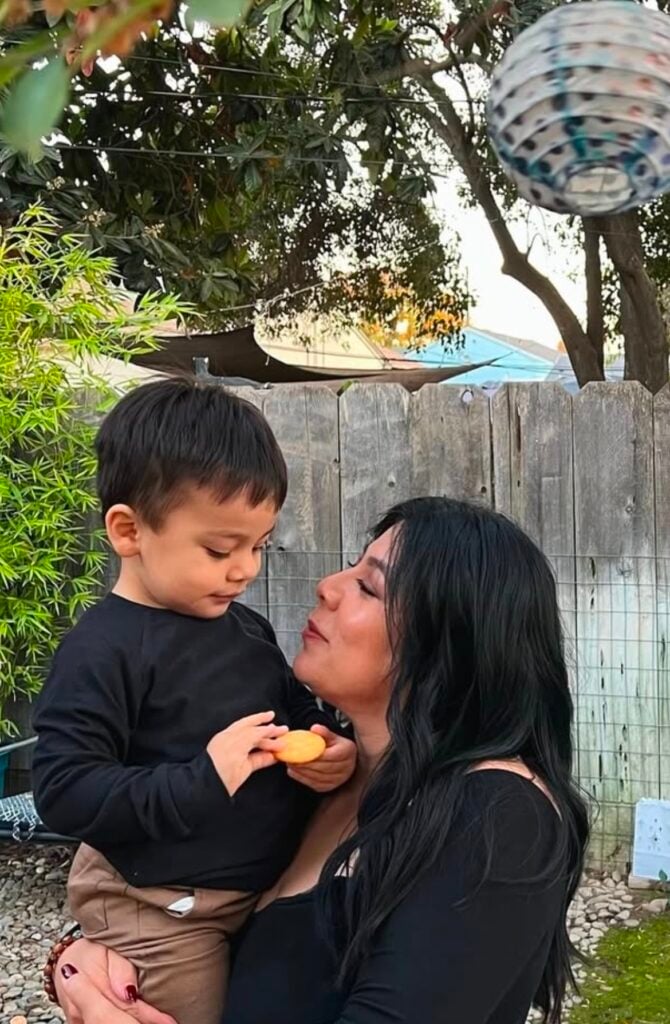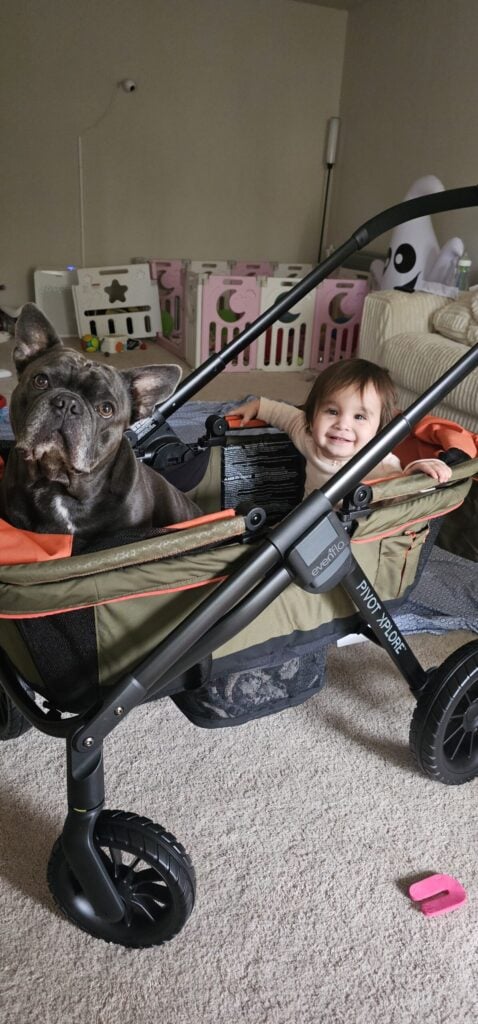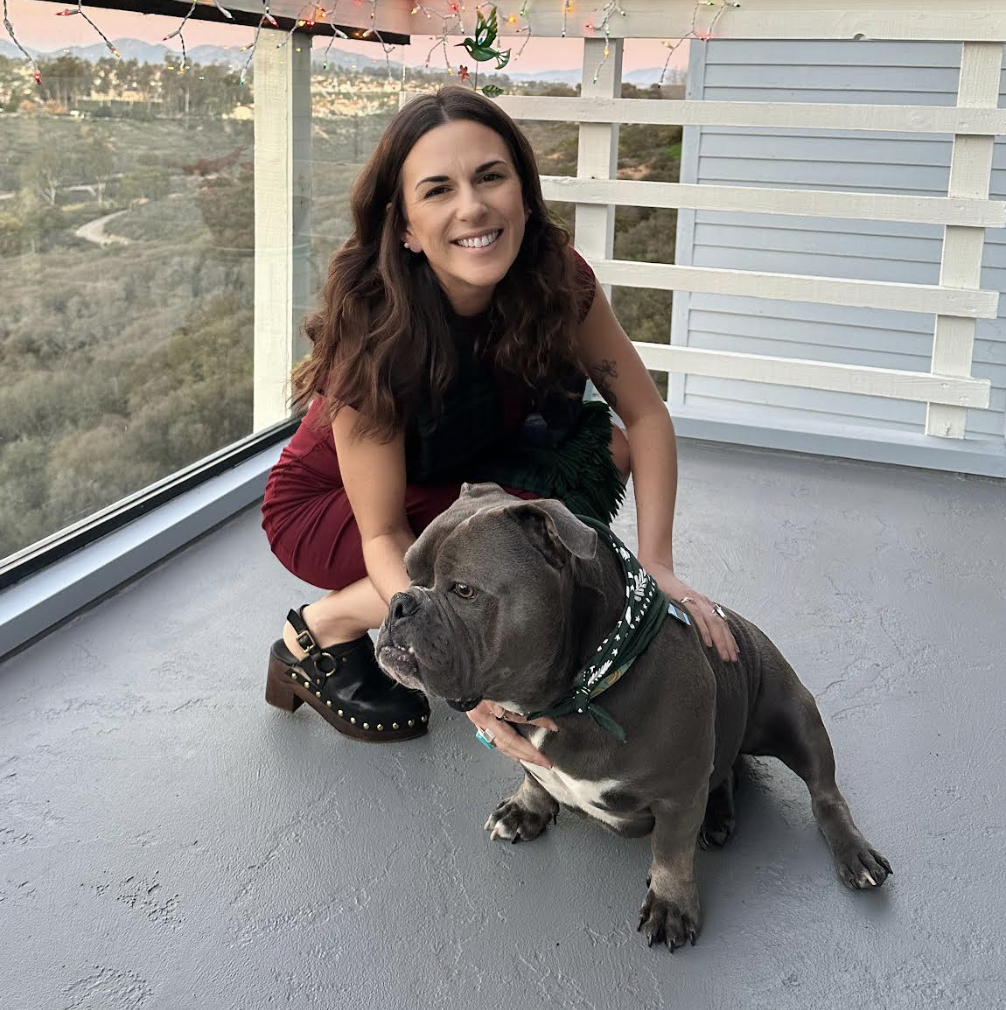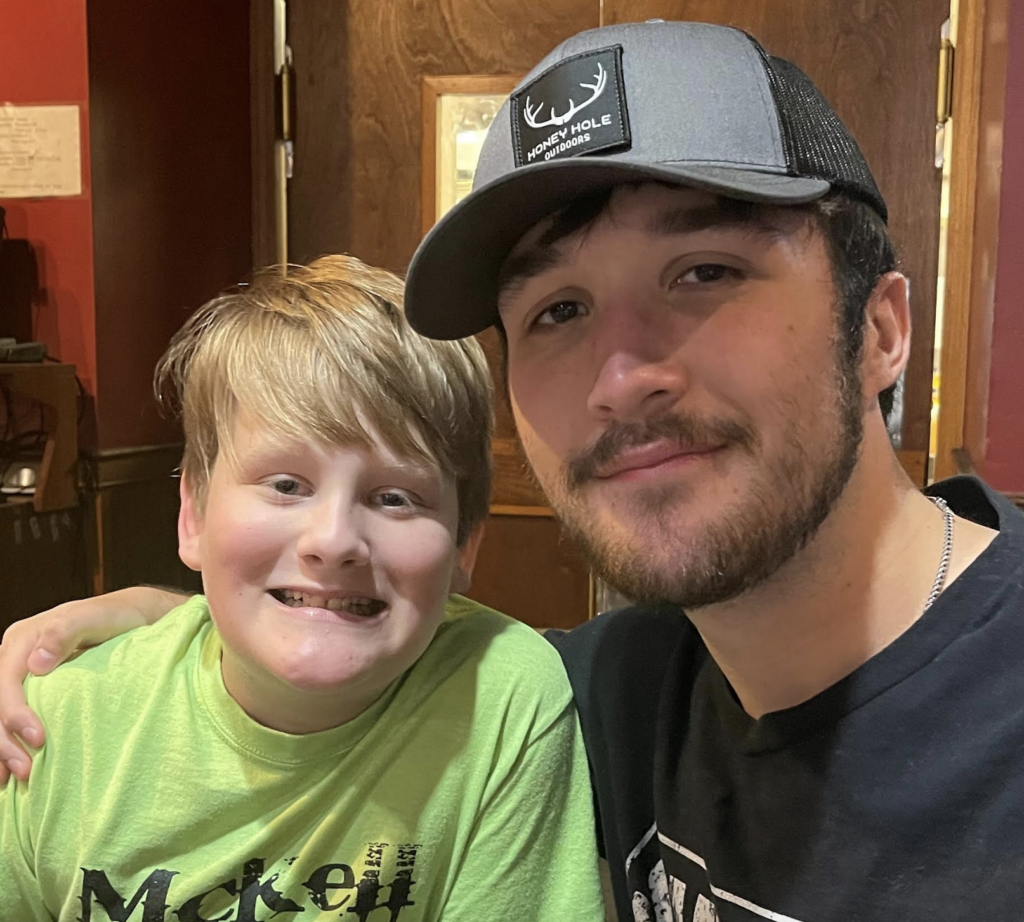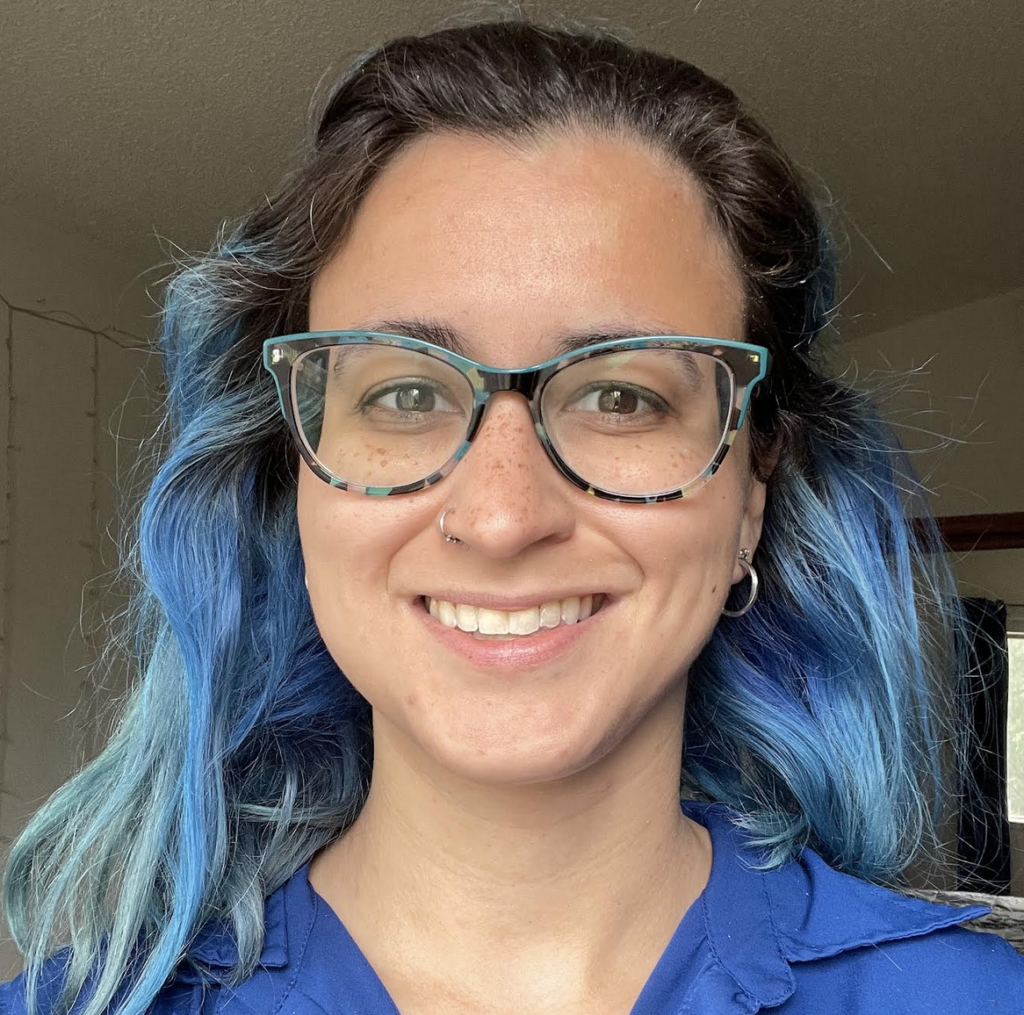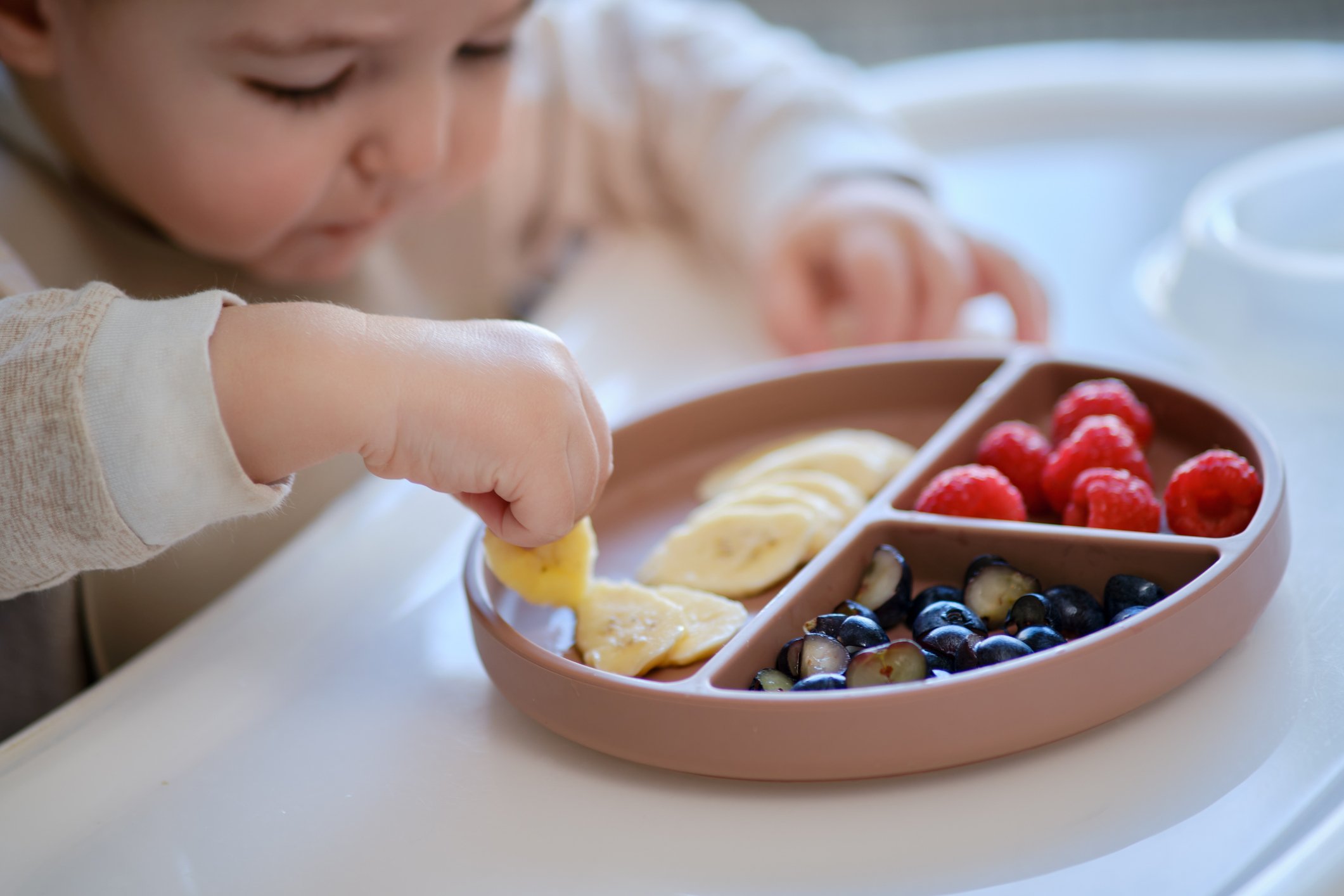
As a parent, deciding when to start your baby on solid foods can be confusing. How do you know if they’re ready?
What to Look for Before Starting Your Baby on Solids
While many pediatricians suggest introducing solids around 6 months, every baby is different. The following signs are your baby’s way of telling you they’re ready to take this next step:
1. Your baby has good head and neck control
2. Your baby can sit up with minimum support
3. Your baby brings toys, teethers, hands to their mouth, chew, suck on them
We actually want children to have a tongue thrust reflex when they are starting solids. It’s a protective reflex. When something goes in the mouth and baby doesn’t know what to do with it, instead of trying to swallow it back and risk choking. They will push it forward and remove it from the mouth. It’s incredibly helpful & important for their safety. To push things out of their mouth with their tongue remove it from the mouth so we expect babies to do that when they start eating.
They can focus on exploring the food, chewing and swallowing. A fun and safe way to start solid foods. We do want to see that as they eat more and more. They no longer automatically push things out with their tongue to move the food to different places in their mouth and swallow it. Not automatically push things out.
Don’t give them solids in order to meet nutritional or hunger needs because they’re just learning to eat. Breastmilk or formula is still their primary nutrition and they don’t need to be a certain amount of hunger or be growing at a certain rate in order to be offered solid foods.
Babies do not need teeth to eat solid. Digestive system matures at six months for solids. Also their sensory system is now ready, willing and even excited to try new tastes, textures and flavors. Research shows that later, they are less picky about eating. It’s important they get solids at six months so there’s a reduced chance of pickiness.
You can reduce the amount of allergies kids get by about 80%. Food with allergies have really big life impacts. They can be deadly. Difficult nutrition, social and developmental consequences. Introducing solid foods in particular, food allergens at 6 months of age, has a huge benefit of potentially reducing a child’s risk of developing food allergies.
Children should be introduced to foods at 6 months of age. If there’s a child who is 6 months of age but doesn’t have a neck control. Isn’t sitting with minimal support and isn’t bringing things to their mouth, to chew and suck on toys and teethers. That child still needs to be introduced to solid foods but they’re going to need help.
Don’t hesitate to reach out to your pediatrician and also a place like us, JLD Therapy. Because we specialize in infant and childhood development. We can work together as a team. Have a plan on introducing your child to solid foods. That’s fun, safe and sets them up for lifelong happy, healthy eating.
How Feeding Therapy Can Help Your Baby with Solid Foods
For many babies, the transition to solid food is smooth. But if your baby gags often, refuses most foods, or has trouble chewing and swallowing, a pediatric feeding therapist can help.
A therapist may:
- Introduce new textures gradually so your baby feels safe exploring foods.
- Use playful activities and simple exercises to build strength and coordination in the mouth and tongue.
- Share strategies that make mealtimes positive and less stressful for the whole family.
- Support babies who may have medical or developmental challenges that affect feeding.
With gentle, play-based guidance, feeding therapy helps babies build the skills and confidence they need to enjoy a wider variety of foods and get the nutrition their growing bodies need.
Reach Out Today
If your baby needs help with the transition to solid foods, Joy and Laughter Developmental Therapy can help. Reach out to connect with a pediatric feeding therapist, or start by completing our free online developmental screening tool: https://jldtherapy.developmentchecklist.com/
















































